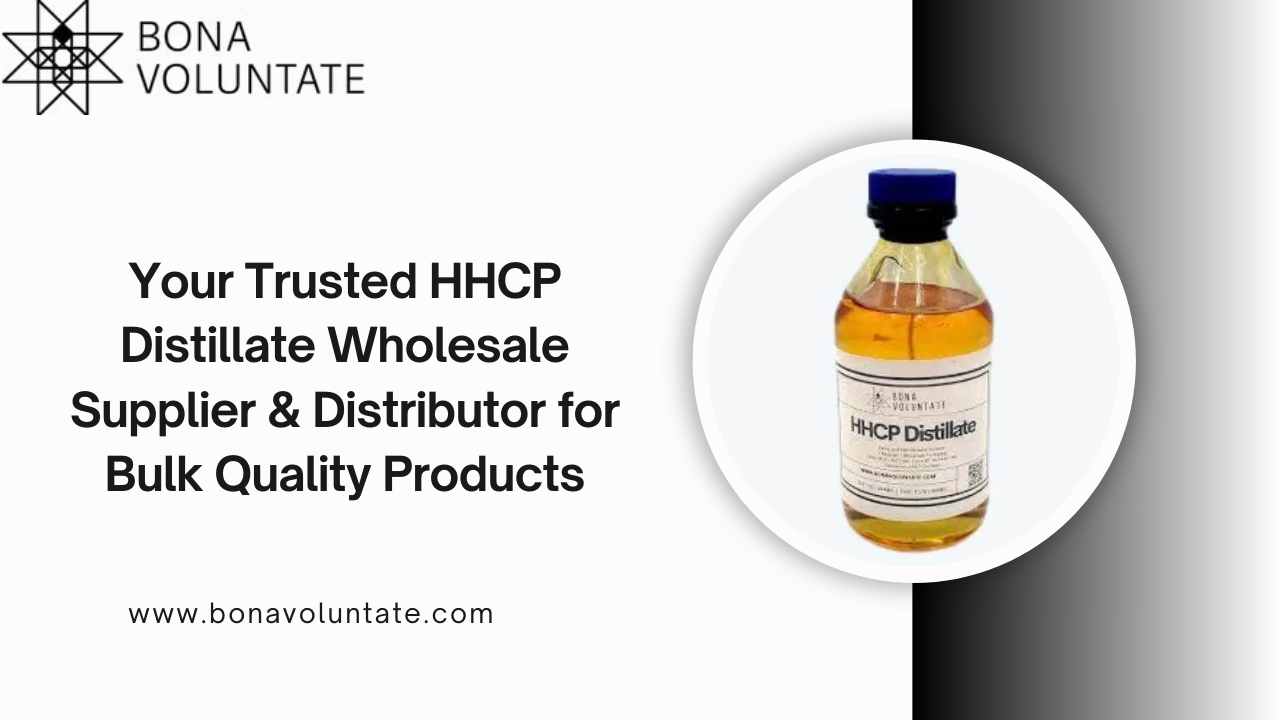You ever stare at a production report and wonder, “Why do we keep tripping over the same issues—late deliveries, defects, customer complaints?” You’re not alone. Manufacturers everywhere wrestle with those same gremlins. And while there’s no silver bullet, ISO 9001 comes pretty close to being the compass that helps you straighten the path.
It’s not about ticking a box. It’s about shifting how your company thinks, works, and delivers.
So, What’s the Deal With ISO 9001?
Let’s start here. ISO 9001 isn’t some vague corporate fluff dreamed up in a conference room. It’s a standard. A real-deal, globally recognized guideline that lays out how a company should run a quality management system (QMS). No jargon necessary—just think of it as a playbook that keeps you from coloring outside the lines.
And it’s not static. ISO 9001 evolves, just like manufacturing has—from greasy, gear-turning floor plants to sensor-laced smart factories. So whether you’re bending steel or programming robotics, this framework speaks your language.
Why Should You Even Care?
That’s a fair question. You’ve got quotas, supply chain headaches, maybe a staffing shortage. Who has time to noodle around with ISO certifications?
Here’s why it matters:
1. Consistency Isn’t a Perk—It’s Survival
You know how a bad batch can wreck a month’s worth of trust? ISO 9001 locks down your processes so you don’t have to rely on luck or memory. You document what works and replicate it. It’s not glamorous, but neither is redoing 10,000 faulty parts.
It’s about predictability—crucial when your customer base includes industries like aerospace, defense, or medical devices.
2. Happy Customers Come Back (and Tell Their Friends)
Imagine delivering the exact same high-quality product, again and again. That kind of reliability builds serious brand equity. You stop chasing customer satisfaction and start earning customer loyalty.
Plus, with ISO 9001 in place, handling complaints becomes a breeze. You’ll know what went wrong, where, and how to fix it—without the usual hand-wringing.
3. ISO 9001 Can Actually Save You Money
Think fewer do-overs, less scrap, and smarter scheduling. With your systems fine-tuned, you’ll spot inefficiencies before they blow up into problems.
One manufacturer we worked with cut costs by 18% just by cleaning up their production planning using ISO 9001 guidance. That’s real money—and no, you don’t need to be a Fortune 500 to make it work.
Real Talk: What Does ISO 9001 Actually Ask of You?
You’re not being asked to reinvent the wheel. ISO 9001 just wants you to build a smarter one. Here’s what it’s looking for:
- Leadership commitment. Management needs to walk the walk.
- Customer focus. Their needs, not yours, drive the system.
- Engagement of people. Everyone from line workers to supervisors should be clued in.
- Process approach. Everything’s connected—don’t treat production like it lives in a silo.
- Continual improvement. No resting on laurels. You get better, or you fall behind.
- Evidence-based decisions. Gut instinct won’t cut it. Use the data.
Sounds like common sense? It is. But common sense isn’t always common practice. ISO 9001 helps bridge that gap.
Getting Certified: Sweat Now, Shine Later
You won’t knock this out in a weekend. But don’t let the process intimidate you. Here’s a rough timeline most manufacturers follow:
- Gap Analysis – Where are you today vs. where ISO says you should be?
- Implementation Plan – Who’s doing what, and by when?
- Documentation – Write it down. All of it.
- Training – Everyone needs to know the playbook.
- Internal Audit – Do a dress rehearsal.
- Certification Audit – Bring in the external auditors.
Expect this to take 3–6 months if you’re focused. Bigger or messier operations might need more time, and that’s okay. It’s a marathon, not a sprint.
Digression Time: What About Culture?
Funny thing—when you start implementing ISO 9001, you notice the side effects. Your people start taking ownership. Departments talk to each other more. Silos begin to crack. That’s culture change, sneaking in the side door.
And let’s not kid ourselves—change freaks people out. Especially when it looks like “extra work.” But the smart move? Frame it not as bureaucracy, but as a way to make their jobs easier and more meaningful.
Supplier Management: The ISO Trick No One Talks About
You know what torpedoes good production? Bad suppliers. ISO 9001 makes you vet them properly—set criteria, evaluate performance, and keep an eye on the regulars.
One manufacturer told us they cut lead time variability by 30% after applying ISO 9001 principles to supplier selection. Think about what that does for delivery schedules and stress levels.
You Want Numbers? We’veGot Numbers
Let’s toss a few facts on the table:
- Companies with ISO 9001 certification see an average 10–20% increase in operational efficiency.
- Certified manufacturers are 44% more likely to see long-term revenue growth.
- 76% of ISO-certified firms say it helped win new contracts.
And that’s just the stuff we can measure. The intangibles? Way bigger. Improved morale. Better meetings (seriously). Fewer “fires” to put out.
Common Grumbles (and Why They’re Off-Base)
“We’re Too Small for This.”
Wrong. Small manufacturers benefit the most. You’ve got tighter margins, fewer resources, and less room for error. ISO 9001 gives you structure without strangling your flexibility.
“We’re Already Doing Quality Work.”
Awesome. But are you doing it consistently? Are your people doing it the same way? Are your suppliers playing by the same rules? ISO 9001 helps you lock that in—without guessing.
“It’s Too Much Paperwork.”
Initially? Maybe. But once you’re up and running, your documentation becomes second nature. Plus, a lot of this lives in digital systems now. No more three-ring binders eating shelf space.
What Certification Looks Like Day-To-Day
Here’s where the rubber meets the road. You get your ISO 9001 cert—now what?
- Morning meetings get tighter. You’ve got clear metrics to discuss.
- Training improves. New hires get up to speed quicker.
- Audits are less scary. Because everything’s already in shape.
- Customer conversations change. They hear “ISO 9001 certified,” and suddenly you’re not just a vendor—you’re a partner.
Wrapping Up: So, Is It Worth It?
Honestly? Yes. If you’re a manufacturer serious about growth, resilience, and reputation, ISO 9001 isn’t just “nice to have.” It’s essential.
It’s the difference between winging it and winning consistently. Between hoping and knowing. Between good enough and genuinely great.
And sure, the journey’s not always smooth. But what in manufacturing ever is?
Quckfire Recap (Just to Hammer It Home)
- ISO 9001 = Quality Management System playbook.
- It boosts consistency, cuts waste, and keeps customers coming back.
- It’s not just for big fish—small and mid-size shops benefit massively.
- Implementation takes time, but it’s manageable.
- Certification signals professionalism, structure, and commitment.
- Day-to-day, it reshapes how you work for the better.



